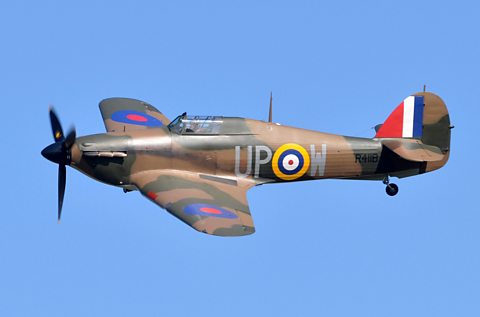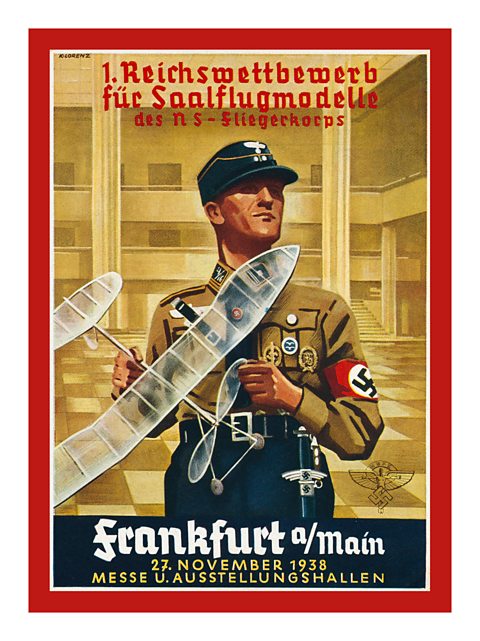Military weaknesses
The British armed forces had been heavily cut back in the 1920s. The British Government was concerned with the weakness of its armed forces. In particular, there was a lack of home defences, especially against bombing.
The heads of Britain's armed forces consistently warned Chamberlain that Britain was too weak to fight.
Royal Air Force
The RAF was beginning to receive more modern fighter aircraft such as the Hurricane and Spitfire. However, these were only entering service after 1937. Radar stations which would be essential to the defence of Britain’s skies were built in 1939.

Royal Navy
The Royal Navy had been seen as the most important of the armed forces. It was needed to defend the British Isles, the Empire and its trade routes.
However, it too suffered during the interwar period:
- financial restrictions and treaties resulted in the Royal Navy being unprepared for a future war
- it lacked destroyers and aircraft carriers
- many of the major warships lacked defences against air attack
Army
The army was bottom of the spending list. It was short of modern weapons such as tanks.
Due to the impact of the Ten Year Rule, the British armaments industry had shrunk. This meant that when rearmamentManufacturing arms and increasing the army. began it would take time to set up the factories and design the weapons required.
German propaganda

Nazi propaganda encouraged Britain and France to believe that Germany’s forces were a lot stronger than they really were.
Hitler claimed the remilitarisation of the Rhineland was to strengthen Germany's defences.
Germany had rearmed in 1935. This led to the view that it was perhaps too late to resist the breaking of Treaty of VersaillesThe peace treaty signed by the Allies and Germany at the end of the First World War, on 28 June 1919. because Germany now had an army.
At the time of the Anschluss, Britain's Military Chiefs of Staff warned the government that fighting Hitler now might encourage Italy and Japan to take advantage of Britain's overstretched and under-resourced overseas commitments.